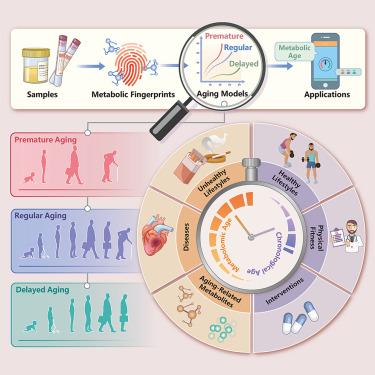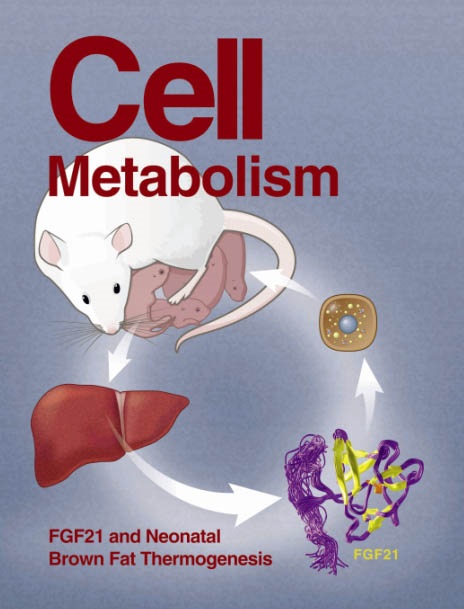Decoding aging clocks: New insights from metabolomics
IF 30.9
1区 生物学
Q1 CELL BIOLOGY
引用次数: 0
Abstract
Chronological age is a crucial risk factor for diseases and disabilities among older adults. However, individuals of the same chronological age often exhibit divergent biological aging states, resulting in distinct individual risk profiles. Chronological age estimators based on omics data and machine learning techniques, known as aging clocks, provide a valuable framework for interpreting molecular-level biological aging. Metabolomics is an intriguing and rapidly growing field of study, involving the comprehensive profiling of small molecules within the body and providing the ultimate genome-environment interaction readout. Consequently, leveraging metabolomics to characterize biological aging holds immense potential. The aim of this review was to provide an overview of metabolomics approaches, highlighting the establishment and interpretation of metabolomic aging clocks while emphasizing their strengths, limitations, and applications, and to discuss their underlying biological significance, which has the potential to drive innovation in longevity research and development.

解码衰老时钟:来自代谢组学的新见解
实足年龄是老年人患病和残疾的一个关键风险因素。然而,相同实足年龄的个体往往表现出不同的生物衰老状态,导致不同的个体风险概况。基于组学数据和机器学习技术的实足年龄估计器,即衰老时钟,为解释分子水平的生物衰老提供了一个有价值的框架。代谢组学是一个有趣且快速发展的研究领域,涉及体内小分子的全面分析,并提供最终的基因组与环境相互作用的读数。因此,利用代谢组学来表征生物衰老具有巨大的潜力。本文综述了代谢组学方法的发展,重点介绍了代谢组学衰老时钟的建立和解释,同时强调了它们的优势、局限性和应用,并讨论了它们潜在的生物学意义,这有可能推动长寿研究和开发的创新。
本文章由计算机程序翻译,如有差异,请以英文原文为准。
求助全文
约1分钟内获得全文
求助全文
来源期刊

Cell metabolism
生物-内分泌学与代谢
CiteScore
48.60
自引率
1.40%
发文量
173
审稿时长
2.5 months
期刊介绍:
Cell Metabolism is a top research journal established in 2005 that focuses on publishing original and impactful papers in the field of metabolic research.It covers a wide range of topics including diabetes, obesity, cardiovascular biology, aging and stress responses, circadian biology, and many others.
Cell Metabolism aims to contribute to the advancement of metabolic research by providing a platform for the publication and dissemination of high-quality research and thought-provoking articles.
 求助内容:
求助内容: 应助结果提醒方式:
应助结果提醒方式:


